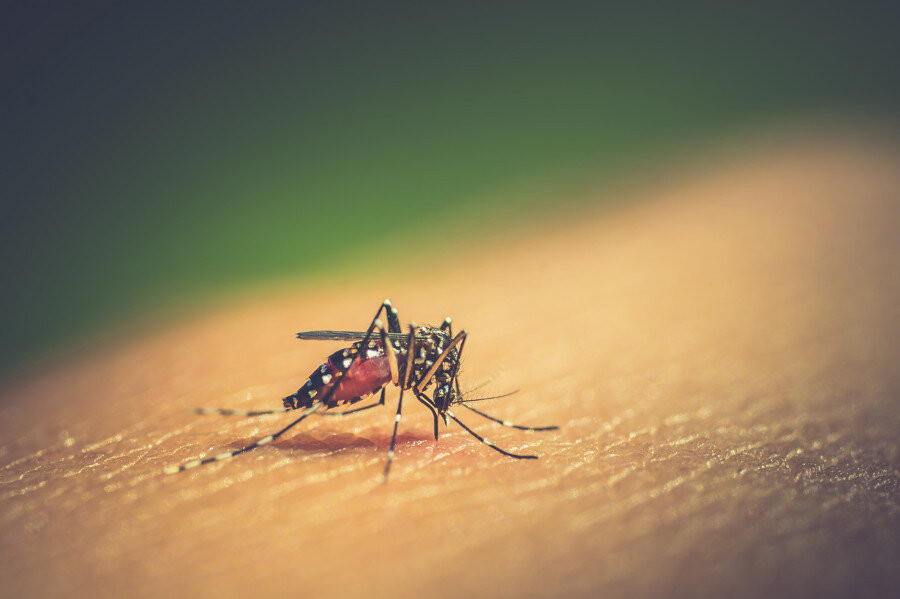Health
Japanese encephalitis kills 6, infects 36 this monsoon
Officials have no plan to launch vaccination drives anytime soon. Say JE deaths and infections have declined recently.
Arjun Poudel
Nepali health officials have reported at least six deaths and 36 infections from the deadly Japanese encephalitis (JE) virus since the start of the monsoon season this year.
According to the Immunisation Section at the Family Welfare Division of the Department of Health Services, several districts, including Kailali, have reported both deaths and infections from the deadly virus.
“Six deaths and 36 cases of infection have been reported so far this year from various districts,” said Dr Abhiyan Gautam, chief of the section. “Last year, there were five deaths and 107 cases of Japanese encephalitis infections.”
Japanese encephalitis is a viral brain infection caused by the JE virus, which is endemic in Asia and parts of the Western Pacific. According to the World Health Organization, it is a mosquito-borne flavivirus with the same genus as dengue, Zika, yellow fever, and West Nile viruses. The case-fatality rate among those infected can be as high as 30 percent. Permanent neurologic, cognitive, and behavioural sequelae occur in 30 to 50 percent of those with encephalitis, according to the UN health body.
Doctors say the disease has no cure, so they provide only symptomatic treatment. Safe and effective vaccines are available to prevent the JE infection. Nepal has included the vaccine in its routine immunisation list, which the government provides free of cost to all children.
Even though the vaccine is included in the regular immunisation list, several people die and dozens get infected by the deadly virus every year.
The Health Directorate of Sudurpaschim Province, reported that two patients—a nine-year-old boy from ward 5 and a 60-year-old man from ward 6 of Ghodaghodi Municipality of the district—died from the infection.
“The National Public Health Laboratory, which carried out serological tests, confirmed the virus in both deceased and infected patients,” Dr Khagendra Bam, acting director of the directorate, told the Post over the phone from Doti. “Four others receiving treatment at hospitals are from adjoining Gauriganga Municipality, and their conditions are stable.”
Officials say they are currently collecting data on under-five children to administer the vaccine. However, officials at the Health Ministry said that there are no immediate plans for additional vaccination drives in the disease-hit areas.
“Deaths and infections from JE are reported every year, as the disease is endemic in our country,” said Gautam. “But the number of deaths and infections has significantly decreased compared to the past.”
Officials said that in the past, dozens of people would die, and around 600 would be infected by the JE virus each year.
Doctors advise taking precautions to avoid mosquito bites, such as using mosquito repellents, wearing long-sleeved clothes, and getting vaccinated if one lives in or is travelling to disease-endemic areas. They also stress the importance of awareness and timely treatment to prevent infections and deaths.




 25.96°C Kathmandu
25.96°C Kathmandu















